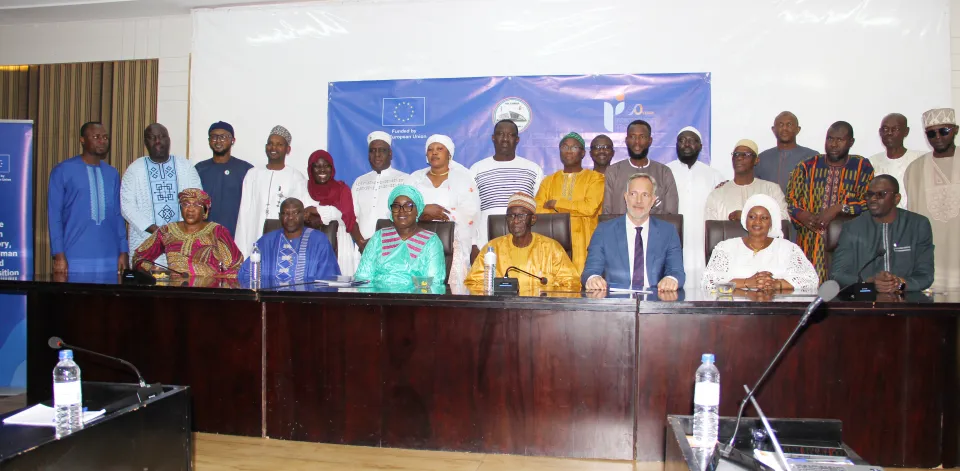Accelerating Member State ratification of the African Charter on Democracy, Governance and Elections
In context of IDEA’s support to the Africa Union Commission’s (AUC) Department of Political Affairs (DPA) and the IDEA-AU Joint Activity Plan (JPA), a project is currently being implemented to establish entry points to accelerate ratification of the African Charter on Democracy, Governance and Elections.
The Charter was adopted by member states on the 30 June 2007 in Addis Ababa (Ethiopia). Five years later, its ratification by the fifteenth member state ensured that the Charter entered into force in February 2012. Since then, another nine countries have ratified the now legally binding treaty.
The key purpose of the Charter is to:
- Establish the shared values, standards and norms of the African Union and its Member States within democracy, elections and governance;
- Promotes adherence to democratic principles, rule of law and human rights;
- Reject unconstitutional change of governments;
- Highlight responsibilities related to the organization of regular, transparent, free and fair electoral processes; and
- Encourage the strengthening of a culture of democracy and peace in member countries.
Due to the way in which it touched upon what was considered politically sensitive matters directly affecting the sovereignty of member states, the adoption of the Charter marked the beginning of a new era in which it acknowledged that:
- Conflicts in the continent were to a considerable extent linked to lack of democratic practices, Government maladministration and failed electoral processes; and
- Conflicts tended to affect neighboring countries and regions as such and could therefore no longer be treated as “internal matters”.
Project outcomes
The project follows a two-stage process. In the first phase, a ratification toolkit and model accession instrument has been developed and reviewed internally. The overall aim of the toolkit is to support Member States in understanding the implications of and making necessary preparation for formally ratifying the Charter as well as to provide a framework for the DPA to encourage additional Member States to accede to the Charter. This line of work was completed in May 2014.
In the second phase of the project, a validation workshop will be organized where experts will be invited to discuss and provide feedback on the draft ratification toolkit and model accession instrument. Moreover, the workshop will provide input to the possible use of the toolkit and instrument as the basis for organizing regional dialogues that can accelerate ratification through exchange of experience and deliberation on challenges for accession.
If you want to know more about the Project, contact Mette Bakken m.bakken .
.



